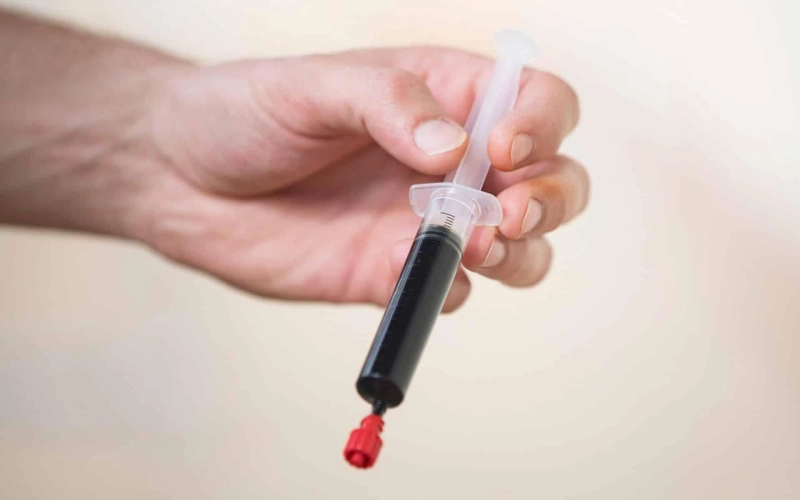Rick Simpson Oil, commonly known as RSO, is a cannabis extract that has been used as an alternative cancer treatment by many people around the world. The oil is made from high-THC strains of cannabis using a specific extraction method that involves soaking the plant material in a solvent such as ethanol or butane. RSO is believed to have potent anti-cancer properties, and its supporters claim that it can help to alleviate cancer symptoms and improve the overall quality of life for cancer patients.
While there is limited scientific evidence to support the use of RSO cancer treatment, some studies have shown that THC, the primary psychoactive compound in cannabis, may have anti-cancer properties. THC has been shown to induce apoptosis, or programmed cell death, in cancer cells, while leaving healthy cells unharmed. This suggests that cannabis may be an effective cancer treatment, although more research is needed to confirm these findings.
Despite the lack of scientific evidence, many cancer patients have reported positive results after using RSO as a cancer treatment. Some people have claimed that the oil has helped to shrink their tumors, reduce pain and inflammation, and improve their overall quality of life. However, it\'s important to note that these claims are largely anecdotal and have not been verified through clinical trials.
One of the major challenges of using RSO as a cancer treatment is the lack of regulation and standardization in the cannabis industry. Since RSO is not regulated by the FDA, there is no way to ensure that it is safe, effective, or accurately labeled. Different batches of RSO can vary significantly in terms of potency, and some products may contain harmful contaminants such as pesticides, heavy metals, or residual solvents.
Furthermore, RSO can have some significant side effects, especially at high doses. These side effects can include dry mouth, dizziness, nausea, and impaired memory and concentration. In some cases, high doses of THC can also cause anxiety, paranoia, or psychosis, especially in people who are already predisposed to these conditions.
If you are considering using RSO as a cancer treatment, it\'s important to talk to your doctor first. Your doctor can help you understand the risks and benefits of different treatments and can provide guidance on which treatments are most appropriate for your specific situation. Your doctor may also be able to recommend other complementary therapies, such as acupuncture, massage, or meditation, that can help to manage cancer symptoms and improve your overall quality of life.
In conclusion, while RSO may hold promise as a cancer treatment, there is currently limited scientific evidence to support its use. The lack of regulation and standardization in the cannabis industry also makes it difficult to ensure that RSO is safe and effective. If you are considering using RSO as a cancer treatment, it\'s important to talk to your doctor first and explore all of your treatment options before making a decision.



